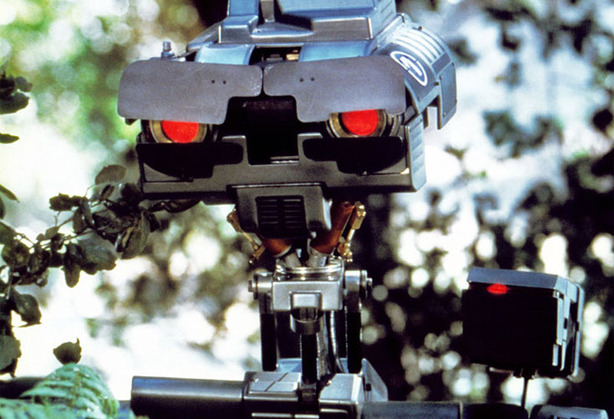The Future of Artificial Intelligence
In 1989, the University of Alberta's Computer Poker Research Group (CPRG) created a computer program named Chinook that could play draughts against a human player. Not only could it play, but it was also very good, and by 1996, it was unbeatable.The best result a human could hope to achieve was a draw; you could practise draughts for the rest of your natural life and never beat it. You can play against Chinook online these days too, but if you're a sore loser, you might be better off sticking to Counter-Strike.
It’s increasingly commonplace for us to be comprehensively thrashed at our own games by computers, but while a program such as Chinook is certainly great at draughts, the question of whether it’s actually ‘intelligent’ is hard to answer.
Chinook owes its superiority to the fact that it sifted through a mere 500 billion billion (500,000,000,000,000,000,000) potential moves, and you could argue this is a brute-force approach, and therefore not really thinking.
Equally, you might argue that thinking of possible positions is exactly what a human player does when ‘thinking’ about the game. In this respect, Chinook sheds light on a topic that has a strong bearing on whether humans will ever be able to create a sentient machine: is creating a conscious entity simply a matter of having sufficient computational power to simulate a complex brain, or does it require a far deeper understanding of thought, consciousness and the qualities that make us human?
Superhuman
In 1996, after it became clear that Chinook was a better draughts player than any human, it was retired. The program was a breakthrough in artificial intelligence and a milestone in gaming history. More than ten years later, the CPRG has developed a program named Polaris that can outplay humans at poker.As poker is an ‘imperfect information’ game (unlike draughts, which has no random factor, so players know all the information relevant to the game at all times), it’s a far greater challenge for an AI. While poker is still a very specific application, writing software that can make decisions based on incomplete information is a big step for AI to take.
To find out more about Polaris, we spoke to Mike Bowling, leader of the CPRG. "The goal of the group is two-fold," he explains. "First, we want to build computer programs that can beat the best in the world at poker. Second, we want to do good science along the way. In other words, we focus on developing fundamental techniques for computers to be able to make decisions in situations of uncertainty. Poker happens to be an ideal domain for studying these computational challenges, and it gives us a concrete goal to strive towards."

MSI MPG Velox 100R Chassis Review
October 14 2021 | 15:04










Want to comment? Please log in.